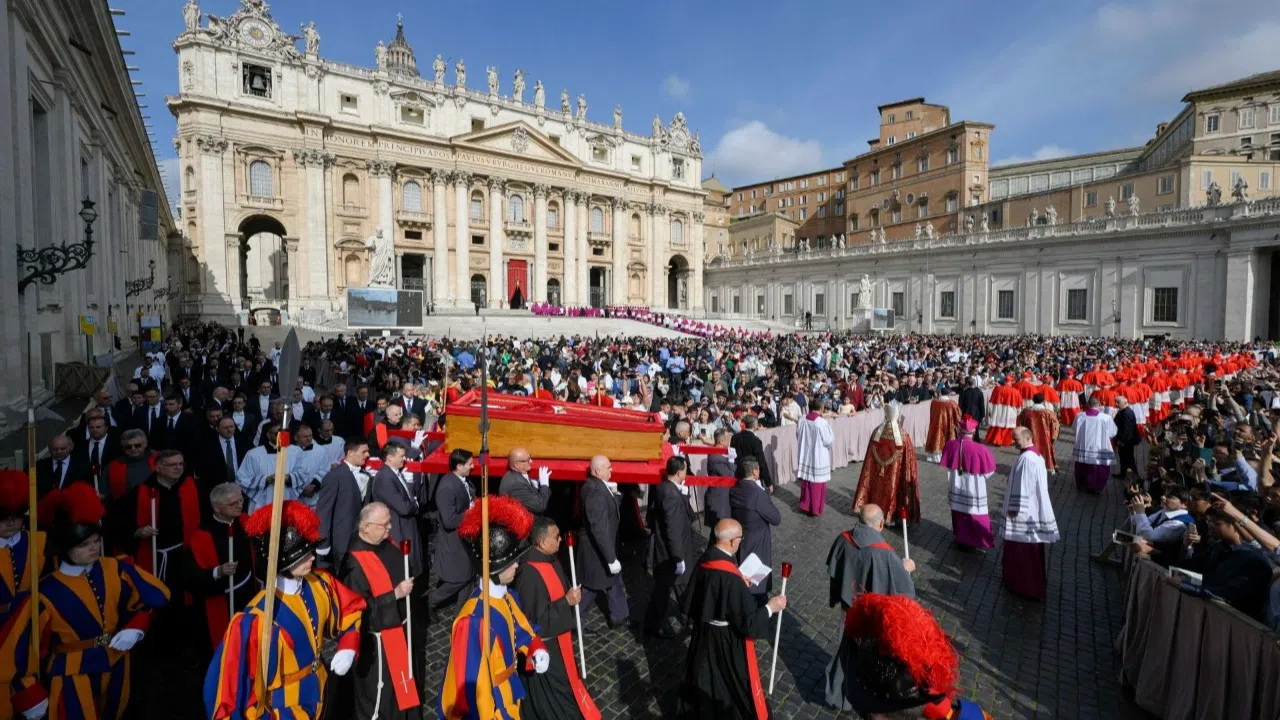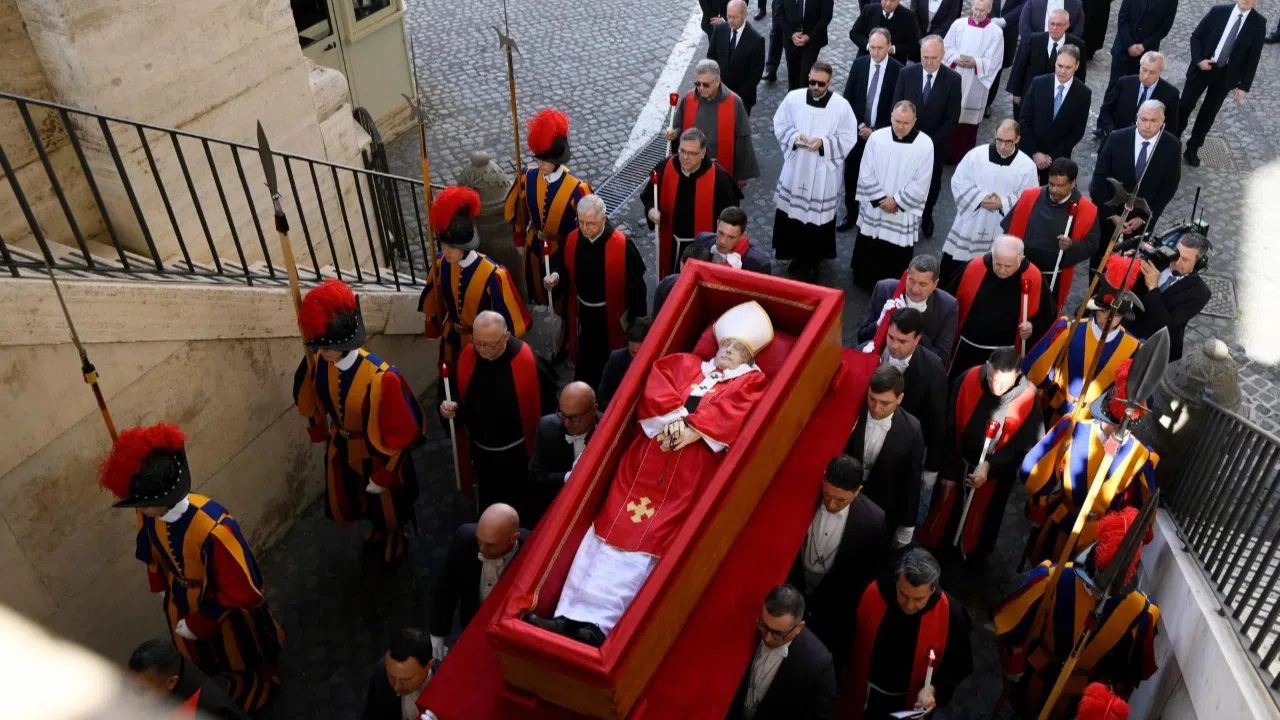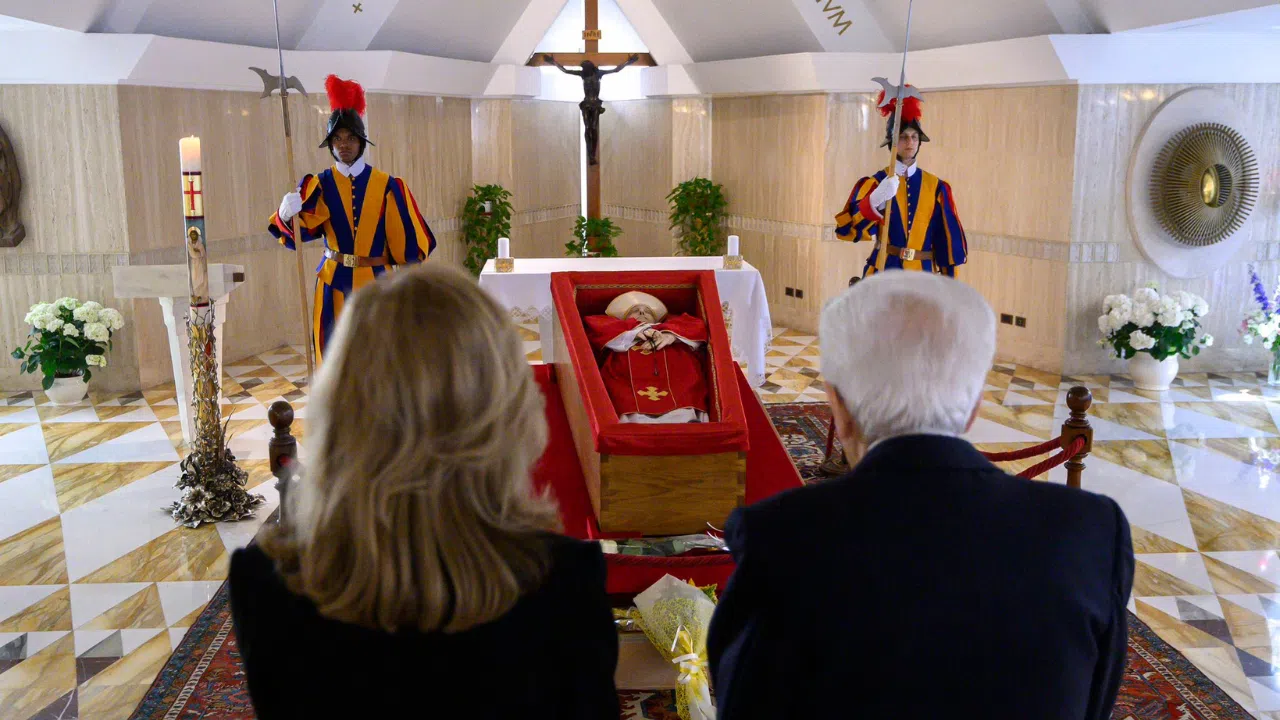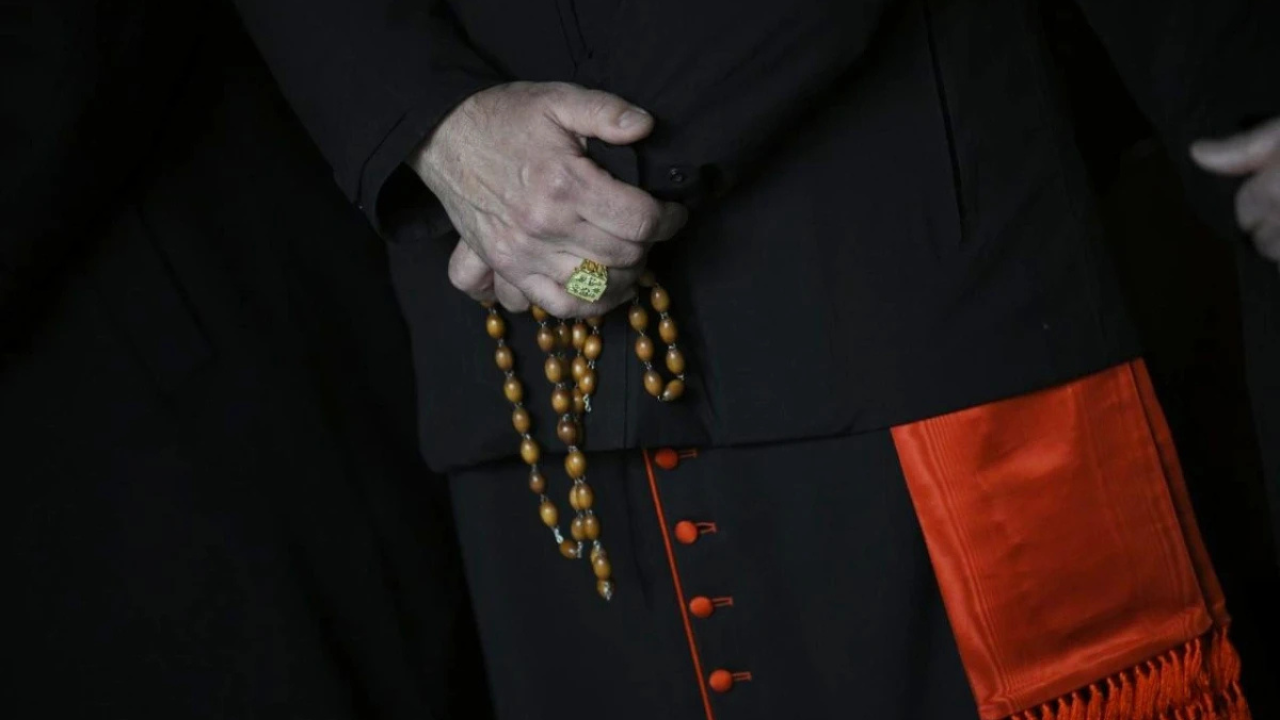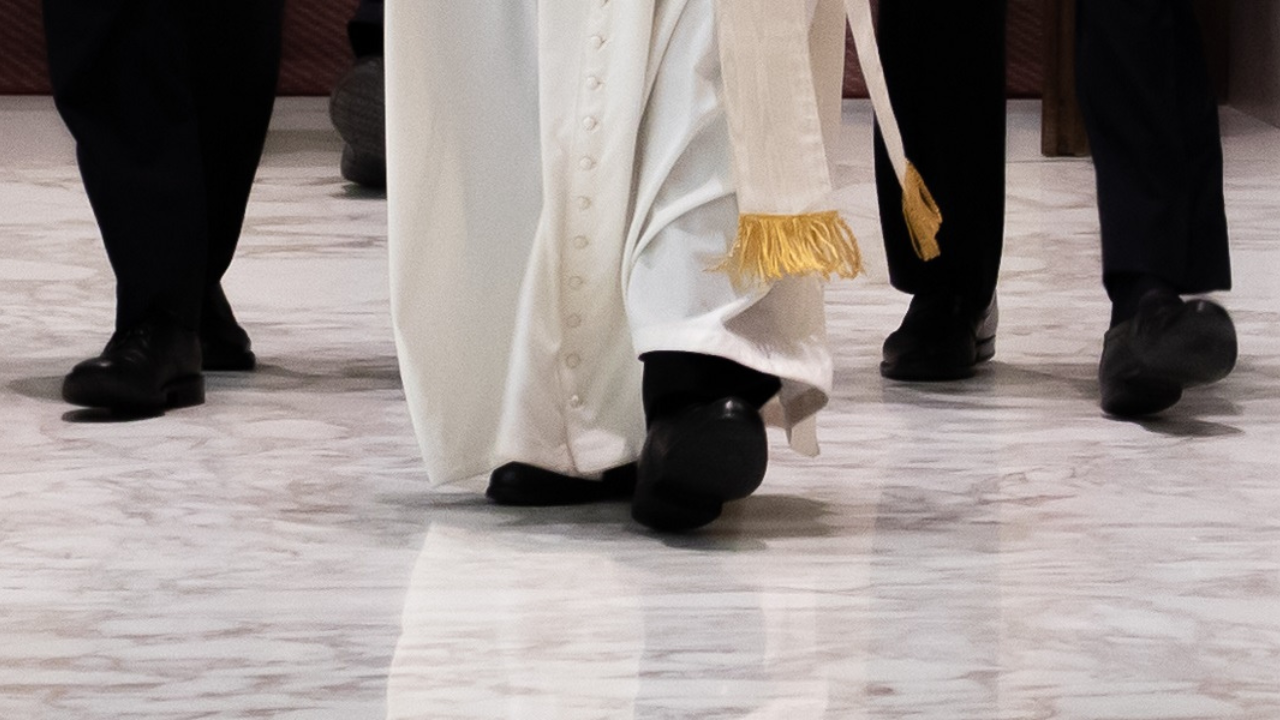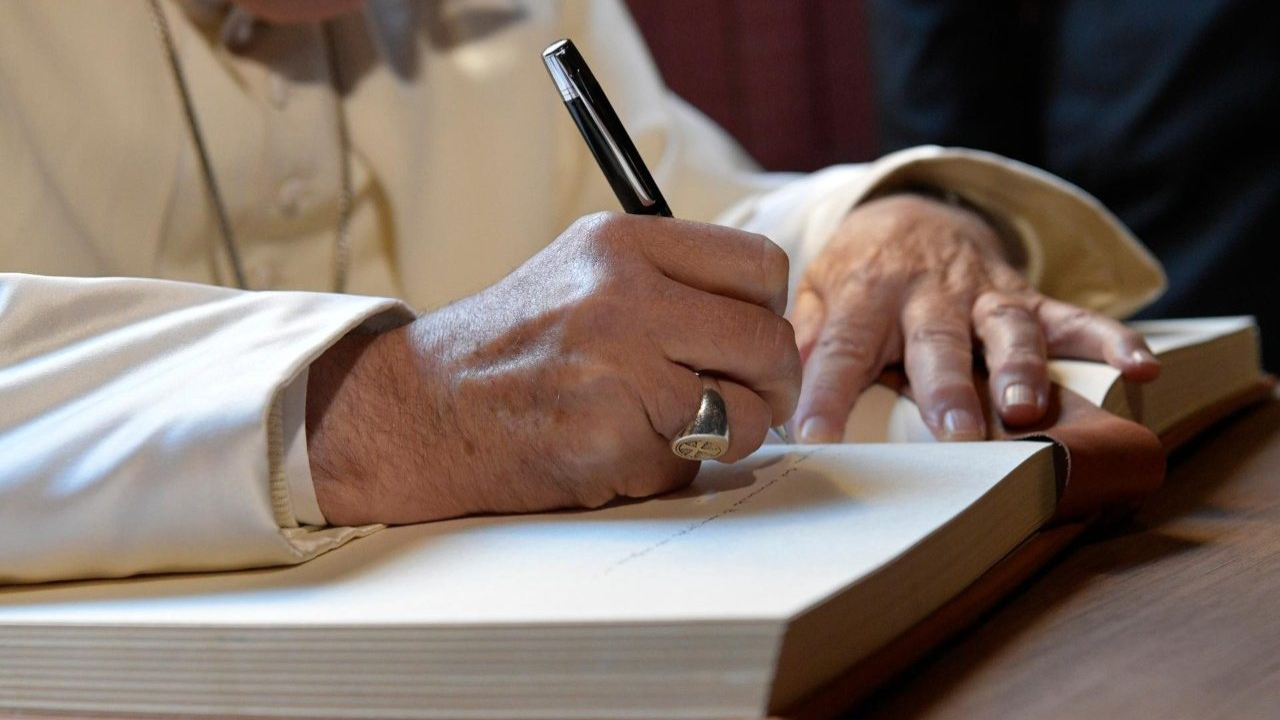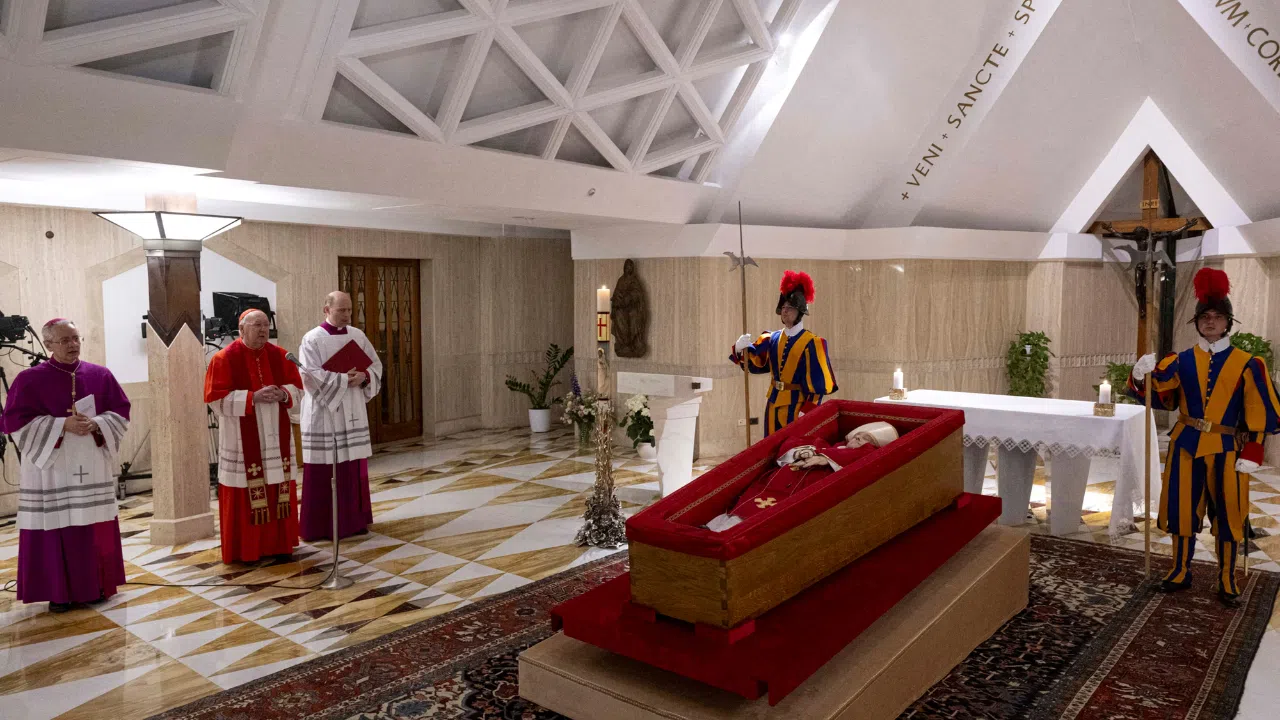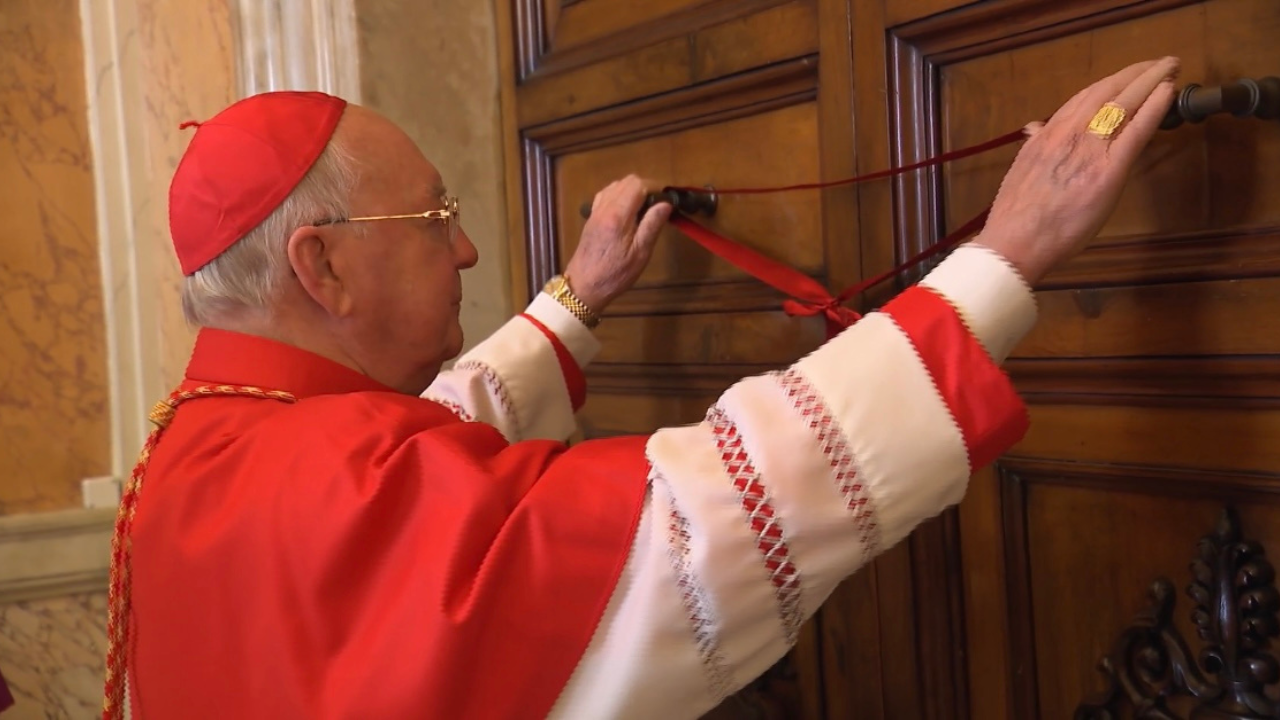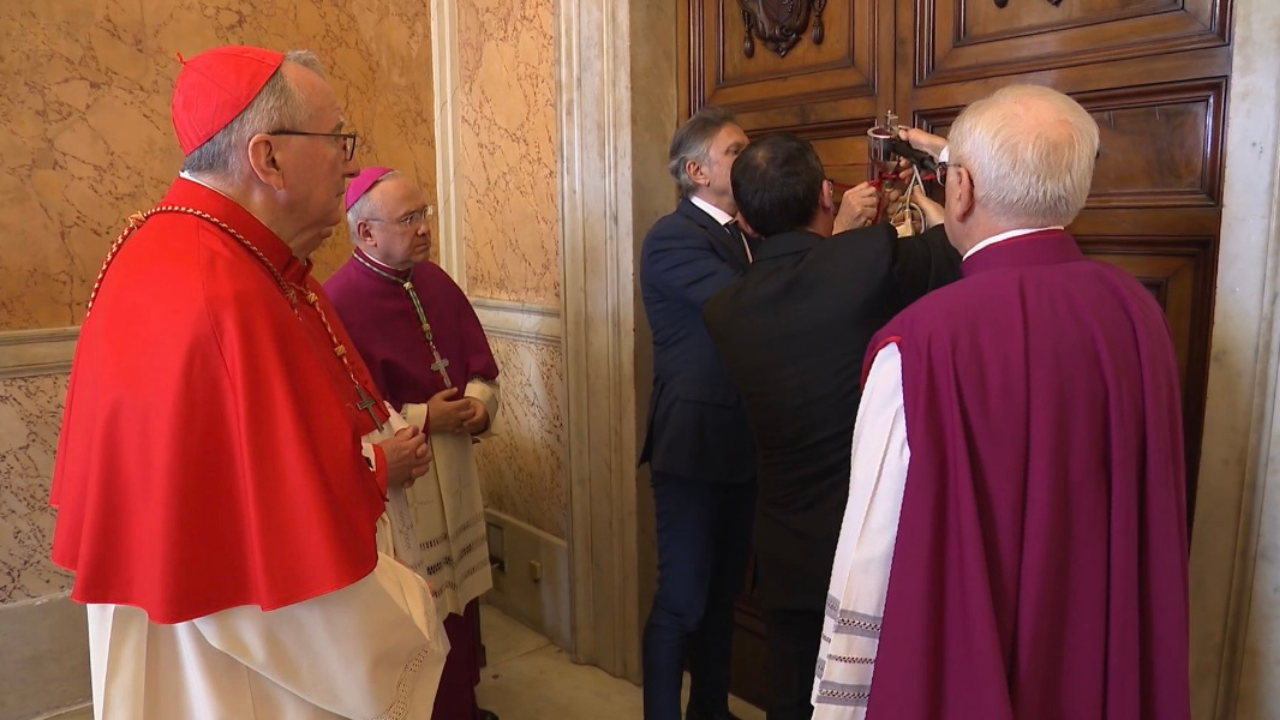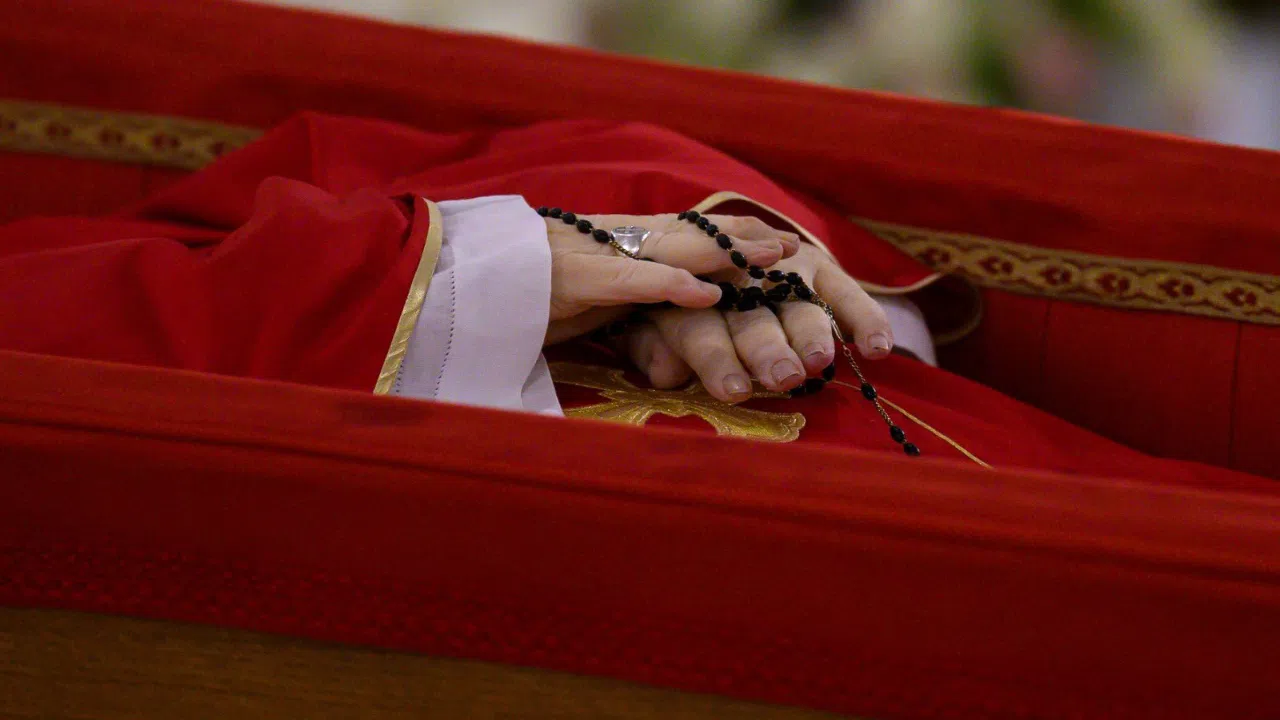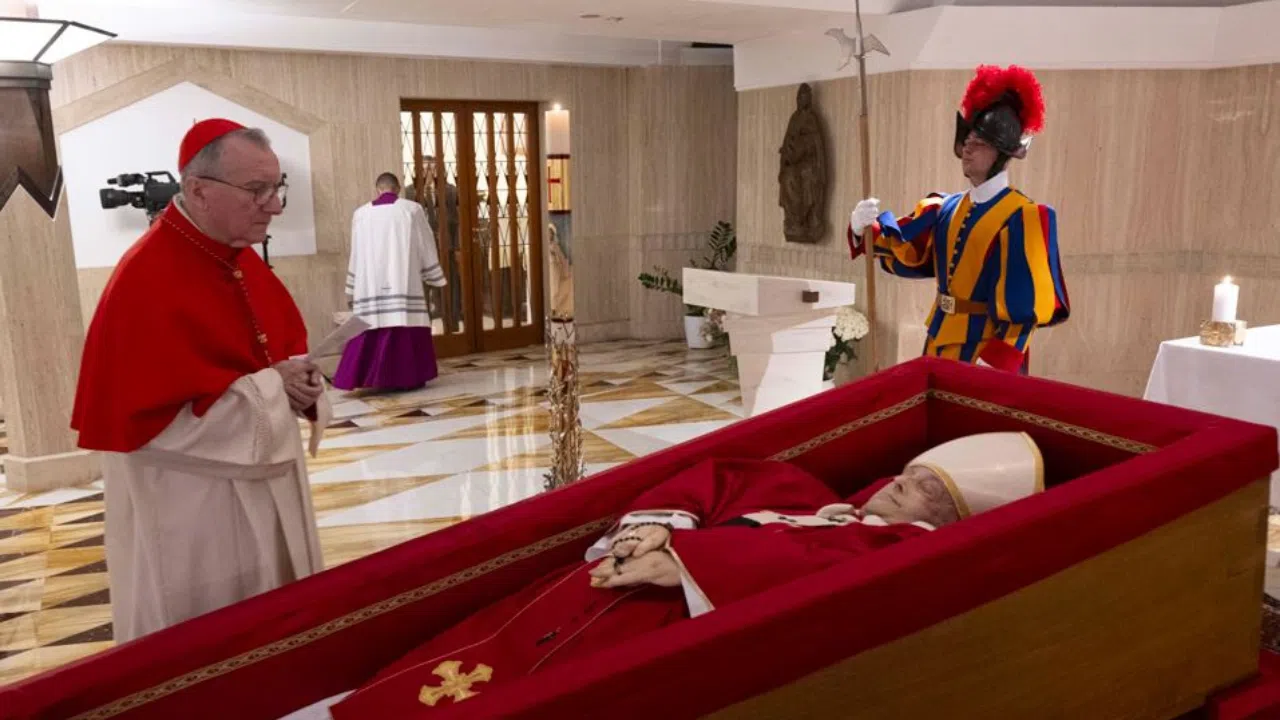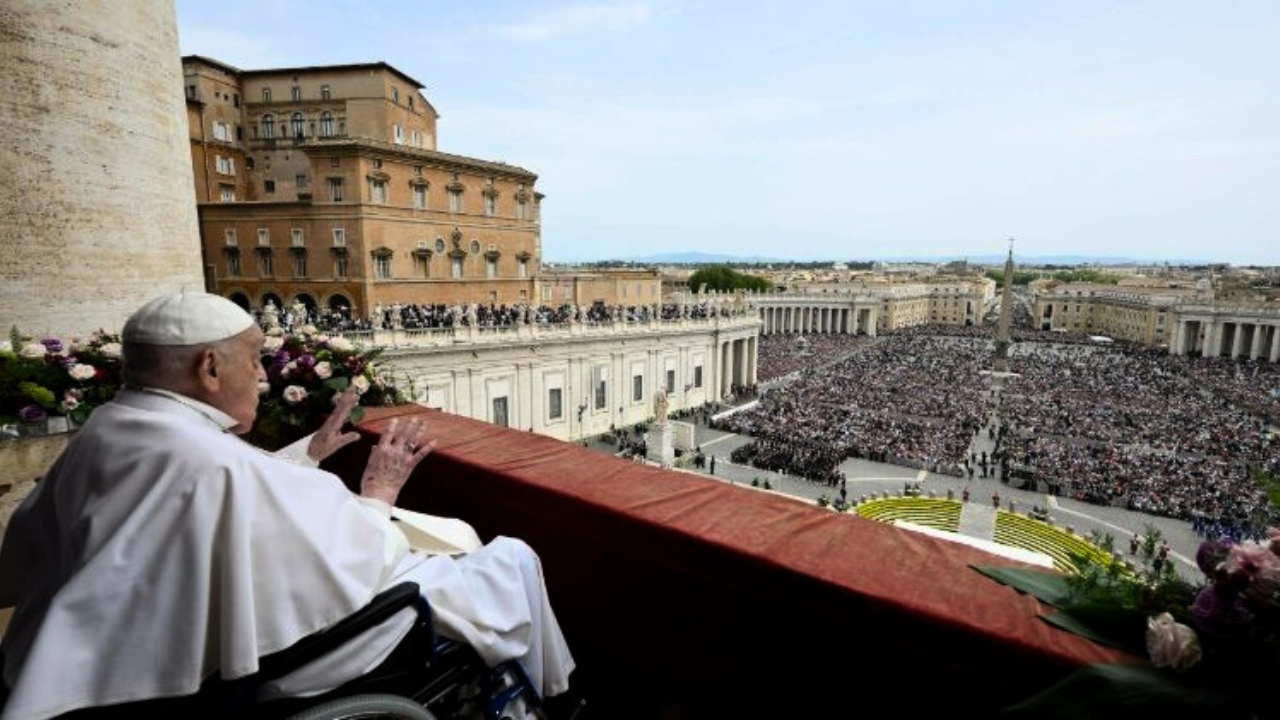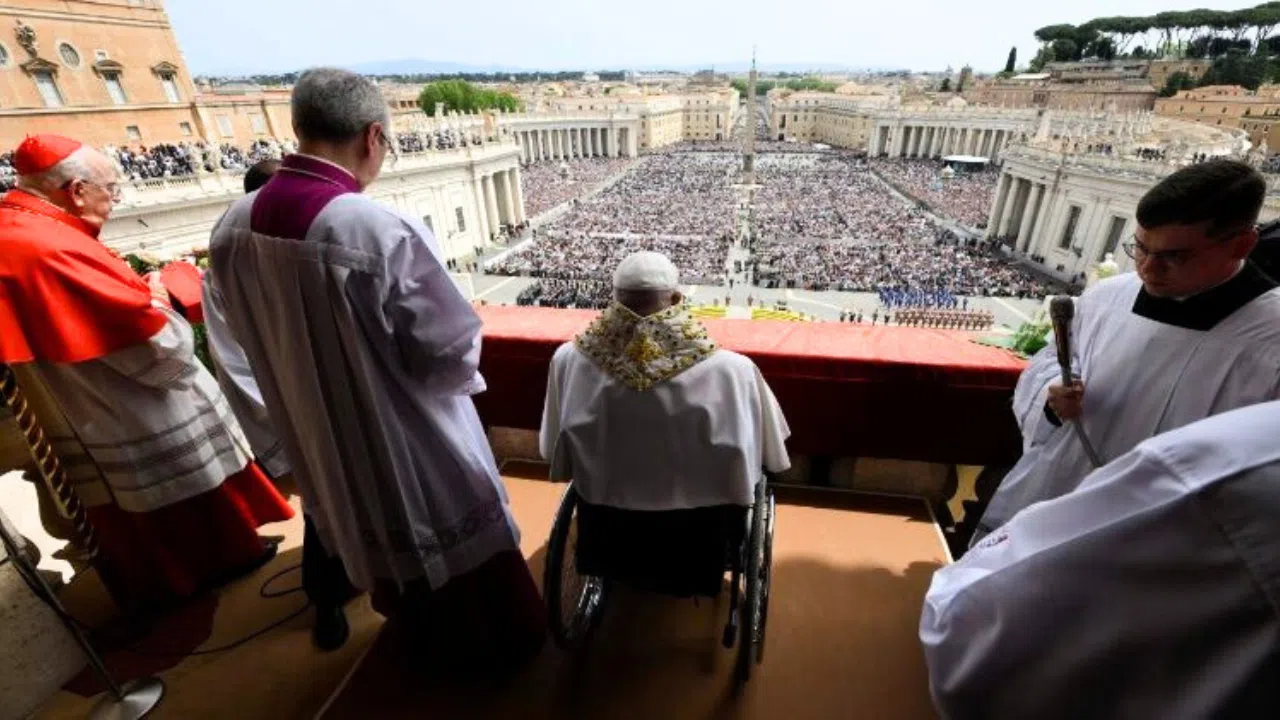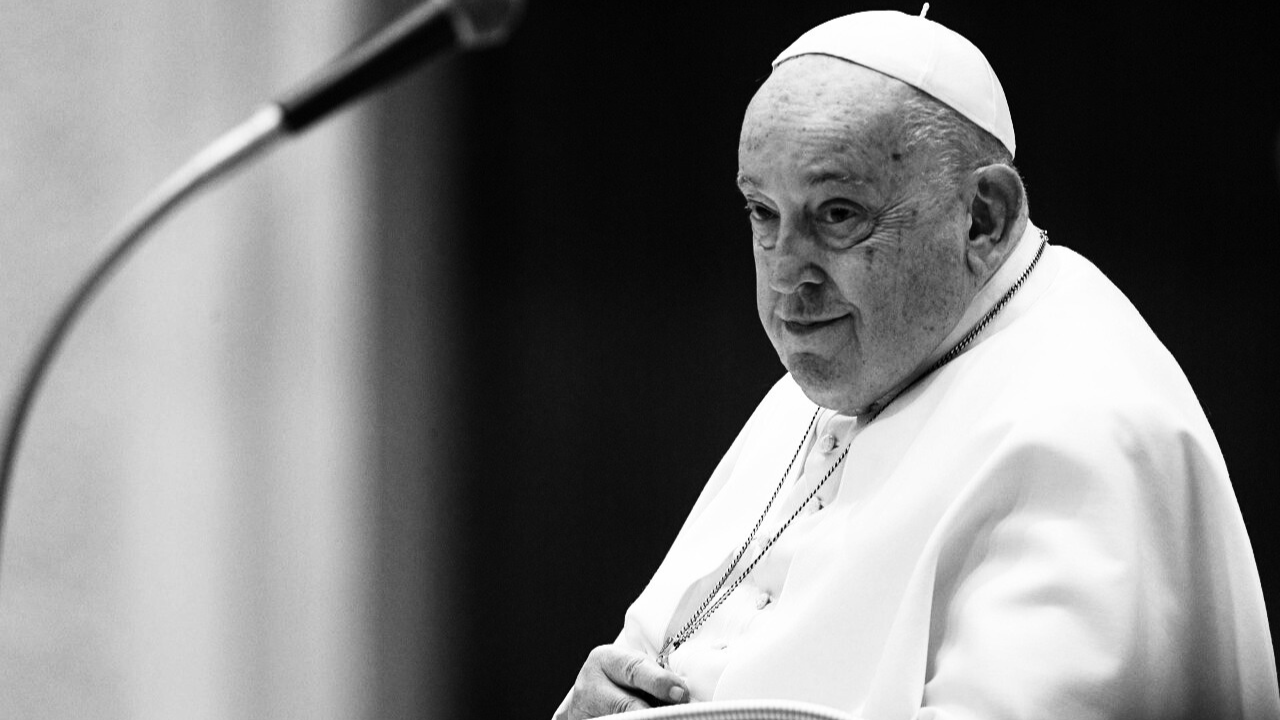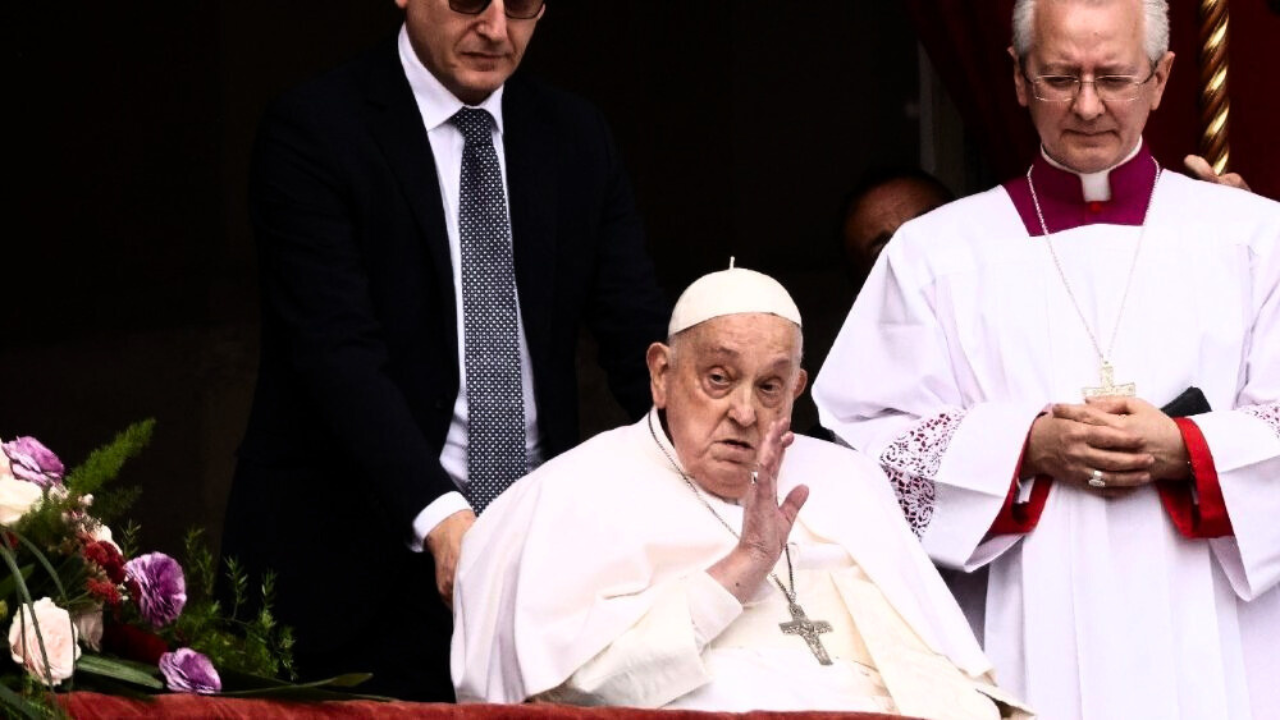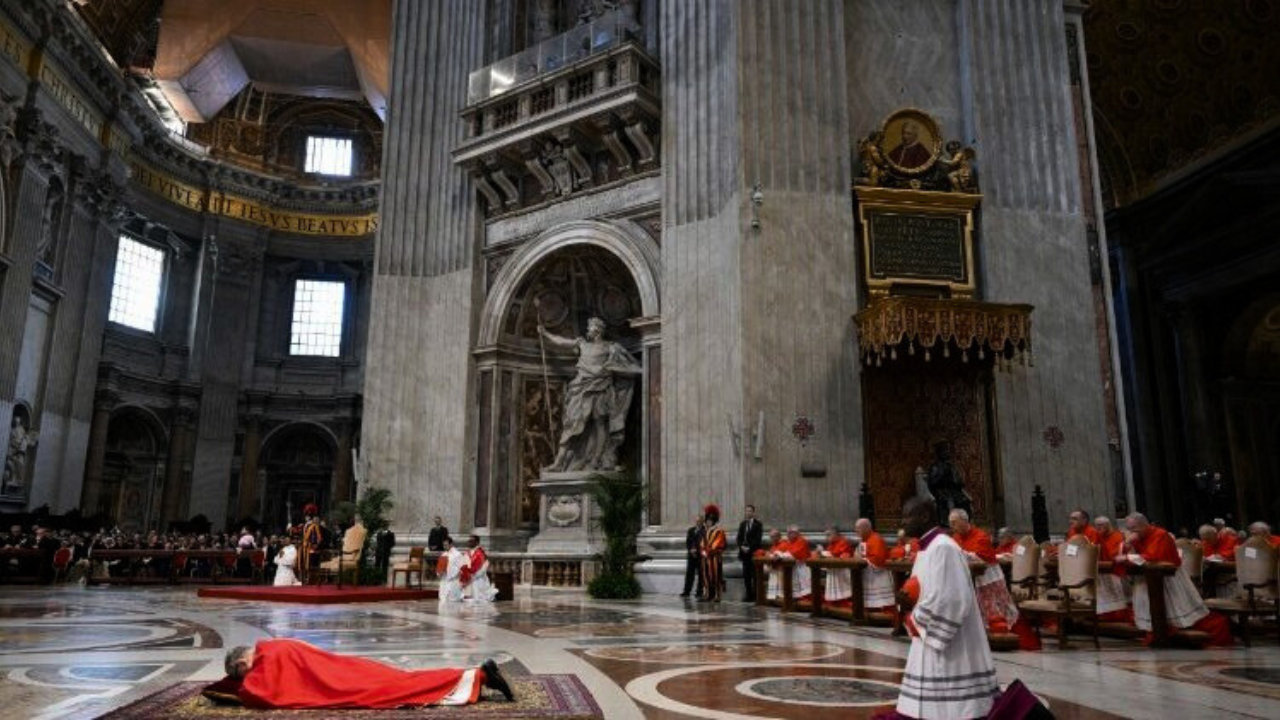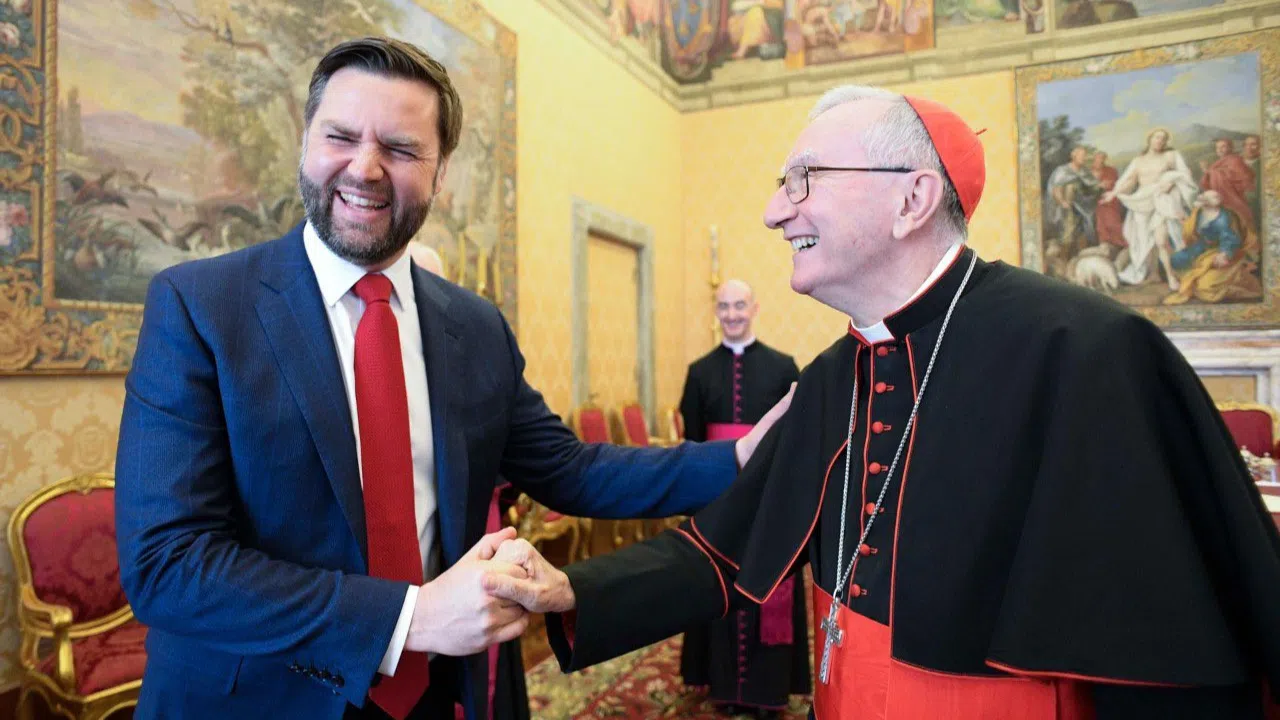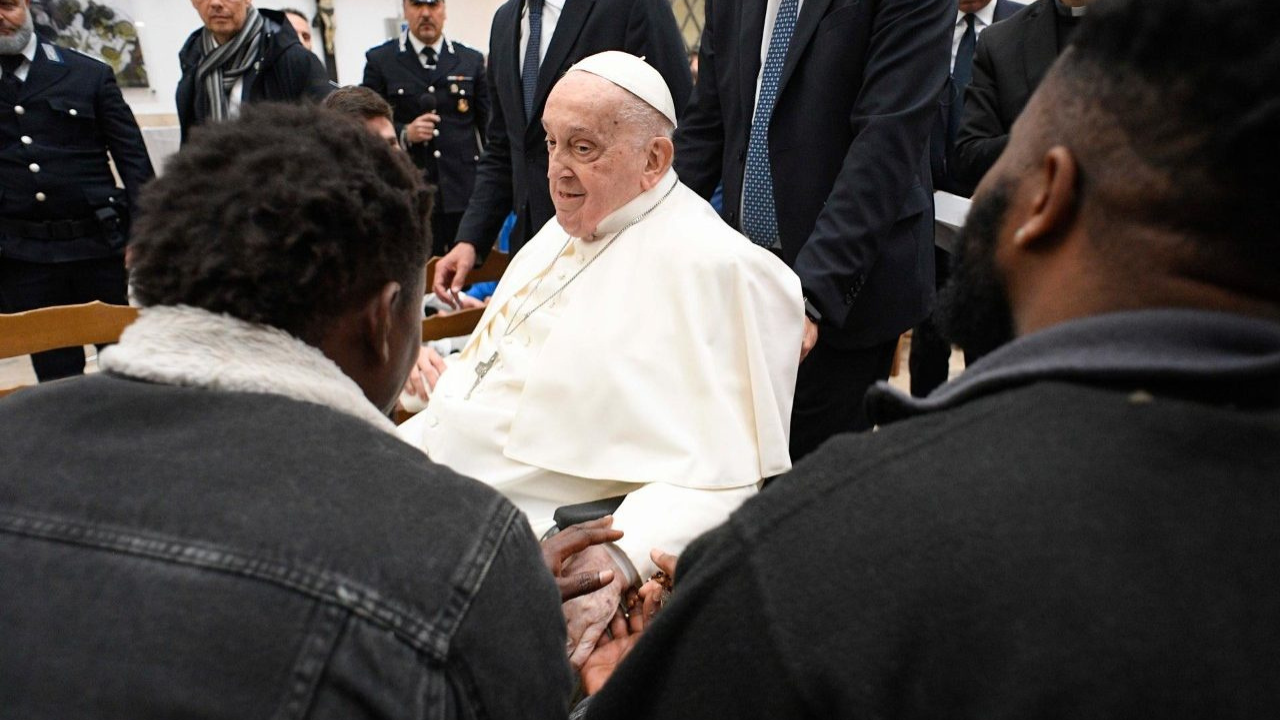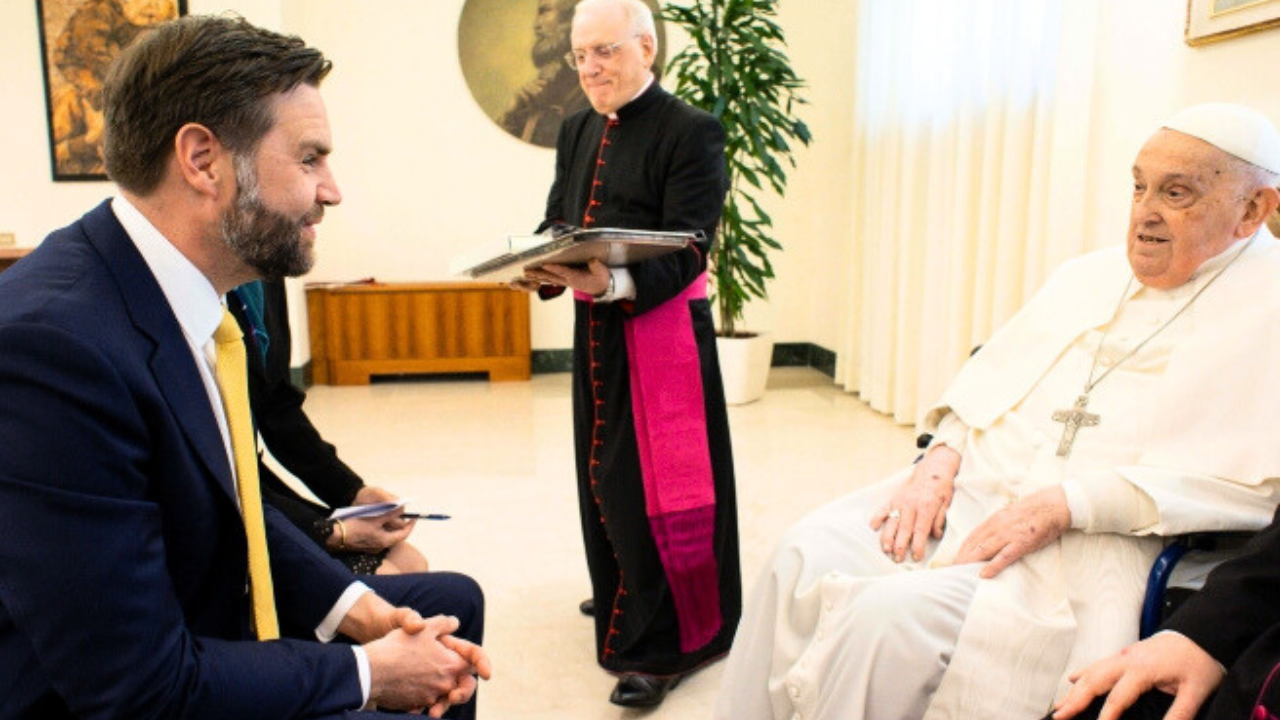People with disability face a much higher risk of being abused than people without. In Rome, at the Pontifical Gregorian University, the Catholic Church is leading the charge in safeguarding those with disability.
Over 200 participants, representing 55 countries around the world, gathered for the International Safeguarding Conference to directly address the gaps in the Church's care for those with special needs.
FR. HANS ZOLLNER
Director, Institute of Anthropology
The Church has huge potential in leading the path, given that the Church runs many homes for disabled people, many institutions worldwide. In some places, it is of course very much engaged already in this type of safeguarding for and with disabled people. In other places, as we have learned here, and mainly in Africa, Asia, parts of Latin America, there is a lack of awareness and there are, surely, very few people who are prepared.
Conference participants included bishops, practicioners, academics and diocesan staff. Together, they addressed concrete steps that need to be taken—from creating more inclusive reporting systems to increasing the amount of sign language interpreters and improving the resources in Catholic schools, organizations and parishes.
DR. ANGELA RINALDI
Pontifical Gregorian University
It's important to start the process for a real change in the culture and in the mindset. We know that there are many prejudices towards people with disabilities so one of the main points is to at least stop this prejudice and also to consider them as part of our society without any differences, without speaking about “they” and “us.”
The hundreds of attendees have traveled back to their respective countries to work on implementing changes in their local communities. But many will return to Rome for the 2025 International Safeguarding Conference that will focus on how to safeguard women, especially women religious, from abuse.
AT
